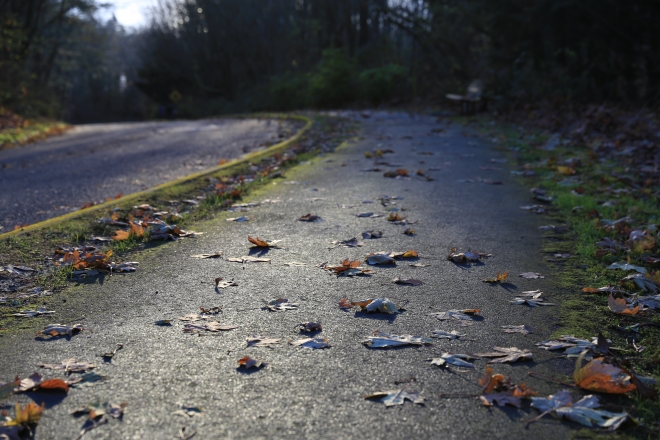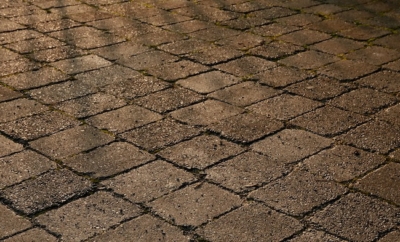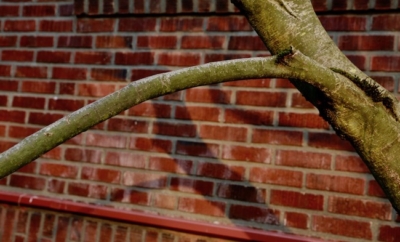
Grief
Guilt Is A Way To Regain Control During Grief
When people die in accidents the circumstances are always tragic, but there are often different levels of avoidability. Those closest to the deceased are likely to feel tremendous amounts of guilt, blaming themselves for not having done something to influence events, regardless of how avoidable or unavoidable the accident was.
They are racked with doubts and ‘what if’ scenarios, blown away by the complicated yet precise sequence of events that led up to the tragedy. The end result is that they often secretly or publicly blame themselves for what happened. Psychologically speaking, regardless of actual culpability (and culpability is usually minimal to non-existent), guilt is a way to regain control during grief.
The finality of death, its unalterable nature, leaves you psychologically and emotionally exposed, forced to confront the vagaries of existence, the fact that things sometimes happen regardless of your opinion on the matter. Self-blame is an unconscious strategy to try to retroactively regain your compromised feeling of efficacy. If it was somehow your fault, this is horrible, but at least it means you had control over the situation.
The price you pay for this desperate attempt to regain control is not worth it. You are riddled with painful feelings of self-recrimination, and chances are these feelings are unjustified. Better to come to terms with your own locus of control, to realize that your freedom is always bounded by circumstances outside of your sphere of influence. This recognition creates anxiety but it also gets you closer to objective reality and allows you to save your guilt for the times where you really should be feeling it.




